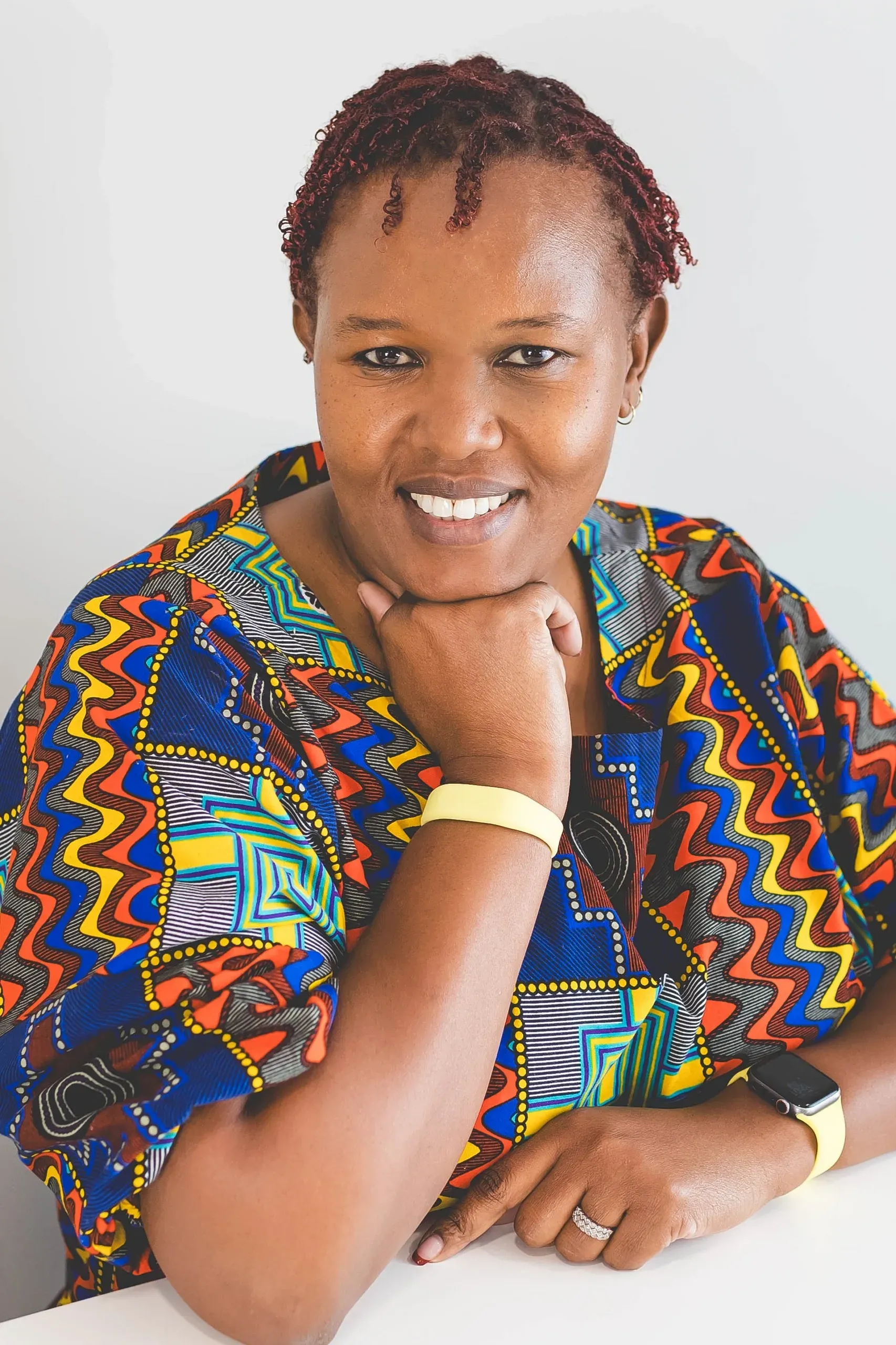When a Place to Sleep Turns Into a Trap.
- Linda A

- Apr 30, 2025
- 3 min read

Maria still remembers the second night.
The first night, she wrapped herself tighter inside her threadbare hoodie, knees drawn to her chest, shivering against the cold concrete. She hadn’t eaten in nearly two days. Her body ached from sitting curled against a dumpster, too afraid to close her eyes. The second night, she met him.
A man with a soft voice and a sandwich in a greasy paper bag. "You shouldn’t be out here," he said. "Come with me. I'll help you."
Maria was sixteen.
She wanted to believe him.
She wasn’t alone.
Across cities, suburbs, and small towns, thousands of individuals lose their homes each day and with them, their safety nets. Traffickers know this. They wait where hope runs thin.
According to the National Network for Youth, within 48 hours of becoming homeless, one in three youth will be approached by someone trying to exploit them.
For survivors like Maria, the descent from "I need help" to "I am trapped" can happen faster than anyone imagines.
The Hidden Pipeline: From Street to Exploitation
Homelessness is not just the absence of shelter. It is the absence of safe choices.
When basic needs like food, warmth, and protection go unmet, traffickers step in offering exactly those things at first. A place to sleep. A hot meal. A job that sounds too good to be true.
For Maria, the "help" she was offered turned into demands.
The warm apartment came with unspoken conditions.
The man who once smiled at her now controlled her every move.
"I didn’t even realize what was happening at first," Maria later shared. "I thought I owed him for saving me."
Exploitation is rarely obvious at the start. It feels like survival until it feels like imprisonment.
Why Housing Instability Matters
Jamal’s story unfolded differently but ended in the same betrayal.

After losing his job during the pandemic, with no family nearby, he accepted a "room for rent" from an acquaintance without asking questions. His phone disappeared. His ID was taken. Promises of "easy work" turned into grueling forced labor under threats of violence.
"I thought being homeless was the worst thing that could happen," Jamal said. "But losing my freedom was worse."
The Overlooked Crisis We Must Confront
It rarely makes headlines.
It rarely makes noise.
But every day, the quiet crisis grows: homelessness setting the stage for exploitation.
Without a safe place to turn, a warm bed to sleep in, or a door that locks, individuals become visible only to those looking to take advantage. The absence of shelter is more than discomfort; it is vulnerability, laid bare.
Housing instability is one of the clearest predictors of exploitation.
When there is no home, there is no safety net.
Again and again, survivors tell us the same thing: if they had stable housing, their story might have been different.
Not easier, perhaps but safer.
Different enough to have changed everything.
Behind every number is a name.
Behind every statistic, a life that deserved better.
We Cannot Only Rescue. We Must Prevent.
Ending trafficking begins long before a rescue mission.
It starts by addressing the conditions that allow exploitation to take root and one of the most urgent is housing instability.
Safe housing is more than a roof.
It is protection.
It is prevention.
When people have stable shelter, their risk of being trafficked drops dramatically.
When communities invest in support systems, traffickers lose access.
When awareness grows, we stop exploitation before it ever begins.
According to research compiled by the Polaris Project, safe, trauma-informed housing is one of the most effective strategies in preventing human trafficking before it happens. Their findings underscore what survivors already know that security, stability, and shelter are the first lines of defense. (Polaris)
How You Can Make a Difference
Start conversations. Talk openly about the link between homelessness and trafficking.
Support housing-first initiatives and shelters committed to dignity-centered care.
Volunteer with organizations providing housing, legal aid, trauma-informed services, and job training for survivors.
Educate yourself and your network about the signs of trafficking.
Even small actions, a conversation, a donation, an hour of time can stop exploitation before it starts.
Freedom Shouldn’t Depend on Having a Home
Today, another Maria is out there.
Another Jamal.
Another story just beginning and waiting for someone to intervene.
Traffickers are counting on our silence.
Hope counts on our action.
No one should be forced into exploitation simply because they had nowhere safe to sleep, your action today can change that.
Because shelter is not a luxury.
It is a lifeline.
It is a human right.




Comments